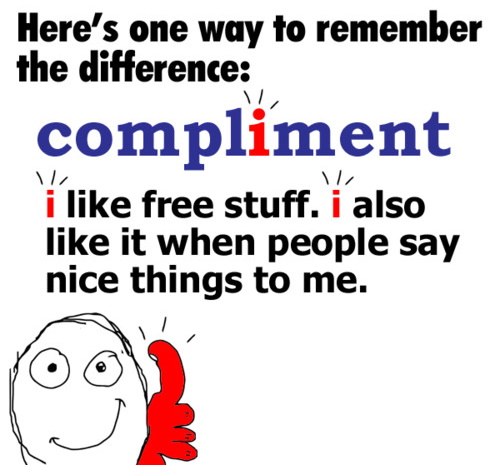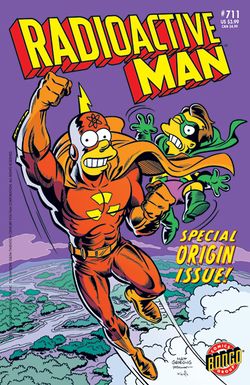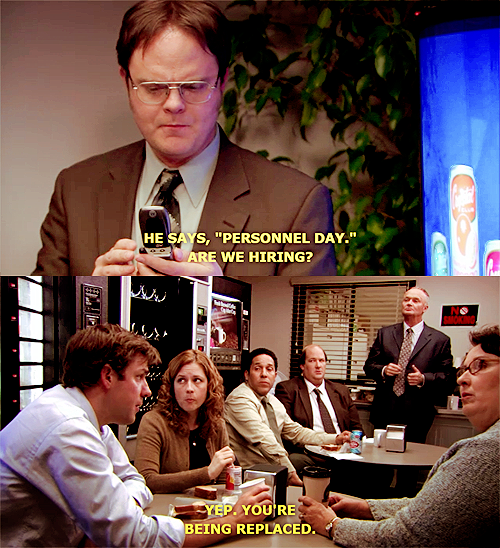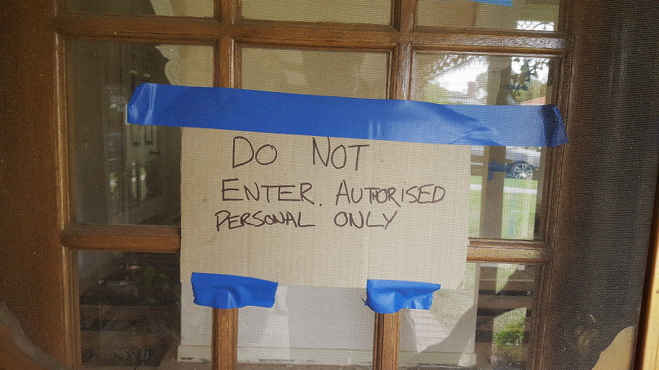It’s another edition of when words go wrong. In this issue we’re going to look at Compliment vs Complement, Bowl vs Bowel, Addition vs Edition, as well as a couple others.
Contents:
Addition and Edition
These two sound the same don’t they? The slight spelling difference is what differentiates this one!
Addition is all about… adding! You learn about addition and subtraction in year four? Five? Maybe even earlier than that. The addition of 4 and 3 equals 8. There we go. Addition. Easy. What’s that? That’s not right? 4 and 3 make 7? Well it’s a good thing this isn’t a maths blog then. Anyway, moving on… Addition can also refer to an extension of something, e.g. an addition to your house. How many times did you use the word ‘additionally’ in an essay you’ve written? You’re basically saying ‘also…’ or ‘furthermore…’.
Don’t confuse Addition with Addiction though….

Edition refers to a volume of a magazine series or it can refer to a particular edition of a book. Take a look inside the front cover of any printed book or even on the outside cover of a reference book, e.g. a dictionary. It should always say something like First edition, Second edition, etc. If you have a Harry Potter book that’s a first edition, you may well be sitting on a gold mine! Or what about a special or limited edition of something? It means it’s unique and may not be around forever.
While these words sound similar, there is still a difference in pronunciation. Add-ition versus Ed-ition.
To sum up, are you talking about adding something? If so, Addition is the one you want. If not, you must be referring to a version of something and so Edition is the way to go.
“We want to introduce you to a new edition to our family”
Unless you gave birth to or adopted a magazine recently, you most likely mean addition.
Compliment and Complement
This is a really good one! A single letter is all it takes with this one. You probably know what Compliment means, but what about Complement? Let’s examine these two.
Compliment can be either a verb or a noun:
Verb:
I will compliment the chef after I’ve finished eating my meal.
Noun:
I paid the chef a compliment about the meal he cooked for us.
When you compliment someone, you’re giving them praise for something. Maybe a work colleague did a good job on something recently so you say ‘Good job, Sam!’ That’s giving them a compliment. You might like someone’s new shoes and make a comment about them to that person. You’re paying them a compliment.
Complement is a less common word and it means ‘to complete’ or ‘to go well with’. When you’re at a fancy restaurant, ask the waiter which wine complements your meal. In other words, which wine goes well with the food you ordered. If you’re painting your house, you would generally use colours that complement your furniture.
Here’s a good example. I ordered something online and eBay is suggesting other items to complement my purchase.

Now, when something is complimentary, this means it’s free. When you’re at your fancy restaurant, drinking your fancy wine, maybe someone forgot to cook your meal and you had to wait. The waiter decides not to charge you for the bottle of wine. So the wine was complimentary. A new gym opens in town and to try and get you to sign up with them, they offer you a complimentary month. In other words, you can use the gym for a month without paying.
Complementary is not as common, but it refers to two or more things being complete when combined. You and your partner might have a complementary relationship. In other words, you complete each other. Your gym instructor may recommend some complementary workouts to enhance your fitness program.
Be aware of complementary as this doesn’t mean free. In the above example, you may have thought your instructor meant complimentary so you signed up for some classes. Turns out they were paid classes and you were charged. Oops.
If ever you get confused, just think of complete with an e:
Complement – Complete
This tip may help as well.

In terms of pronunciation… Are Compliment and Complement pronounced the same? Seems like a controversial topic, this one. Personally, I feel like there’s a slight difference between the two… Compliment, Complement…. However… considering the word is fairly long, and it’s just one letter, unless you’re really listening, I think it’s fairly impossible to hear the difference.
Personal and Personnel
Another case of mistaken identity. Both these words look similar and are often used interchangeably in error. The pronunciation is different though: Person-al as opposed to person-nell.
Personal refers to anything which relates to you. Perhaps you’d rather not discuss something for personal reasons. Perhaps you’ve taken something personally. Maybe someone in your workplace has made some personal remarks about you and you feel you need a personal day off from work. At the airport you frequently get asked to keep your personal belongings with you. Lastly, you might ask someone to do a personal favour for you.
Personal can also sometimes mean the opposite of business, e.g. the car you drive might be used for personal or business reasons.
Please understand… It was all business; it wasn’t personal.
It was all personal to me.
– Bryan Mills, Taken
I have a feeling that movie quote may actually be a bit of a pun. How many times do you hear a tagline for a movie saying something like “This time, it’s personal!”
Personnel is a group of people who work in an organisation or department, e.g. security personnel, emergency personnel, etc. It’s a more formal or official word for staff. Staff is more general whereas personnel is more specific. You might see a sign on a door in a shopping centre door saying ‘Authorised personnel only’. In funeral notices, if the deceased was a soldier of some sort, you may see something written like ‘military personnel respectfully invited to attend’. As you can imagine, if this said ‘military personal’, this wouldn’t make much sense…
Waist and Waste
It’s unlikely that you’d confuse these two. I mean yes they sound the same and all. But… I have seen it happen! So let’s go through it.
Your waist is the part of your body above your hips and below your ribs. We all have one.
Waste on the other hand, has a few more meanings. It generally refers to rubbish though, e.g. you put household waste in your rubbish bin. It can also refer to excrement, e.g. human waste or animal waste. What about special types of waste? Garden waste, hard waste, toxic waste. Restaurants do their best to minimise food waste.
It can also be used as a verb. Instead of finishing your uni assignment, perhaps you wasted some time looking at cat videos on YouTube. Or maybe you wasted some money by buying something that was really cheap and it stopped working after only a few days.
If you had to call a company for more information about something and there was nothing further they could tell you, you could say it was a waste of a phonecall!
Gloria (to Mr. Burns): Yeah, like, what’s fun for a 104 year old?
Mr. Burns: Oh, I enjoy all the popular youth trends. Like, uh, (sees some bumper cars) piloting motor coaches and, uh, (sees someone using a pooper-scooper) collecting dog waste.

Bowl and Bowel
Oh I’ve definitely saved the funniest for last! Mixing these up will certainly result in some funny sentences.
A bowl is a utensil you use to eat out of. If you’re having cereal for breakfast and you decide to use a plate, you’re doing it wrong. Same goes if you’re serving soup. But what if you serve bread with the soup? Do you put that on a plate or do you put it in the bowl of soup? Hmm… Tough one. Argue about that amongst yourselves.
Bowl can also be used as a verb and refers to the act of bowling, e.g. 10 pin bowling.
A bowel on the other hand is part of the digestive system where you would probably not want to eat out of.
In terms of pronunciation, bowl is pronounced like bow (as in a bow on a present) but with an L at the end. Bowel is pronounced like the other pronunciation of bow (as in what the cast of a play does once the play’s finished) with EL at the end. Think of towel.
At one of my old jobs, we had some sort of competition where we had to guess how many lollies were in the jar, or something like that… And one of the managers sent the whole floor an email asking us to write down our guesses on a piece of paper and to put them in the bowel on her desk. Hmm…
Mr. Burns: Stop everything! I don’t remember writing a cheque for bowling.
Smithers: Sir, that’s a cheque for your boweling.
Mr. Burns: Oh, yes. That’s very important.
Smithers: Yes, sir. Remember that month you didn’t do it?
Mr. Burns: Yes, that was unpleasant for all concerned. Anyway, back to the cheques.
Stop everything! I don’t remember writing a cheque for bowling!
Smithers: Hmm.

And that’s all for today. To recap:
- Complementary wines are not free unless the restaurant forgets your meal, then they may become complimentary.
- A new edition to your house is the latest Coles magazine. For everything else you mean addition.
- You don’t get personnel days off from work.
- Don’t tie your scarf around your waste.
- Likewise, it’s not standard behaviour to invite people from the office to put things in your bowel.





